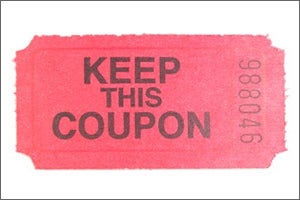Online Art Prints
Startup Costs: $10,000 - $50,000
Home Based: Can be operated from home.
Part Time: Can be operated part-time.
Franchises Available? No
Online Operation? Yes
Caught up in the excitement of having prints produced from their original artwork, many artists fail to consider how they will market the prints. Herein lies a business opportunity. Develop a website that exclusively features art prints for sale. The site can be indexed by print theme and artists from around the world can submit pictures of their prints to be posted. Upon sale of a print the artist would ship it to the purchaser and would receive a percentage of the sales value. Ideally, marketing efforts would be aimed at individuals and organizations that routinely purchase art prints such as decorators, corporations, and property developers. This type of cyberventure is relatively easy to establish and could be operated from home on a part-time basis.
Online Art Prints Ideas
Online Community Web Site
Bring people with the same interest together online.
Online Trade Show Directory
Compile information about trade shows across the globe online.
Online Entertainment Coupons
Make cheap entertainment even easier to find by putting coupons online.
More from Business Ideas
When This Entrepreneur Couldn't Decide What to Name His Business, He Started a $2,000-a-Month Side Hustle to Help — Now It Earns Over $10 Million a Year
Darpan Munjal, founder and CEO of AI-powered startup ecosystem Atom, offered $50 to anyone who could help with the creativity block.
AI vs. Humanity — Why Humans Will Always Win in Content Creation
With the proliferation and integration of AI across organizations and business units, PR and marketing professionals may be tempted to lean into this new technology more than recommended.
Their 'Magic Internet Money' Side Hustle Just Hit $1 Billion in Sales: 'We'd Empty 6 Figures of Cash Onto the Counter. The Bank Teller's Expressions Were Priceless.'
Inspired by the concept of decentralized money, Neil Bergquist and Michael Smyers came up with a lucrative idea they believed "would nearly run" itself.





